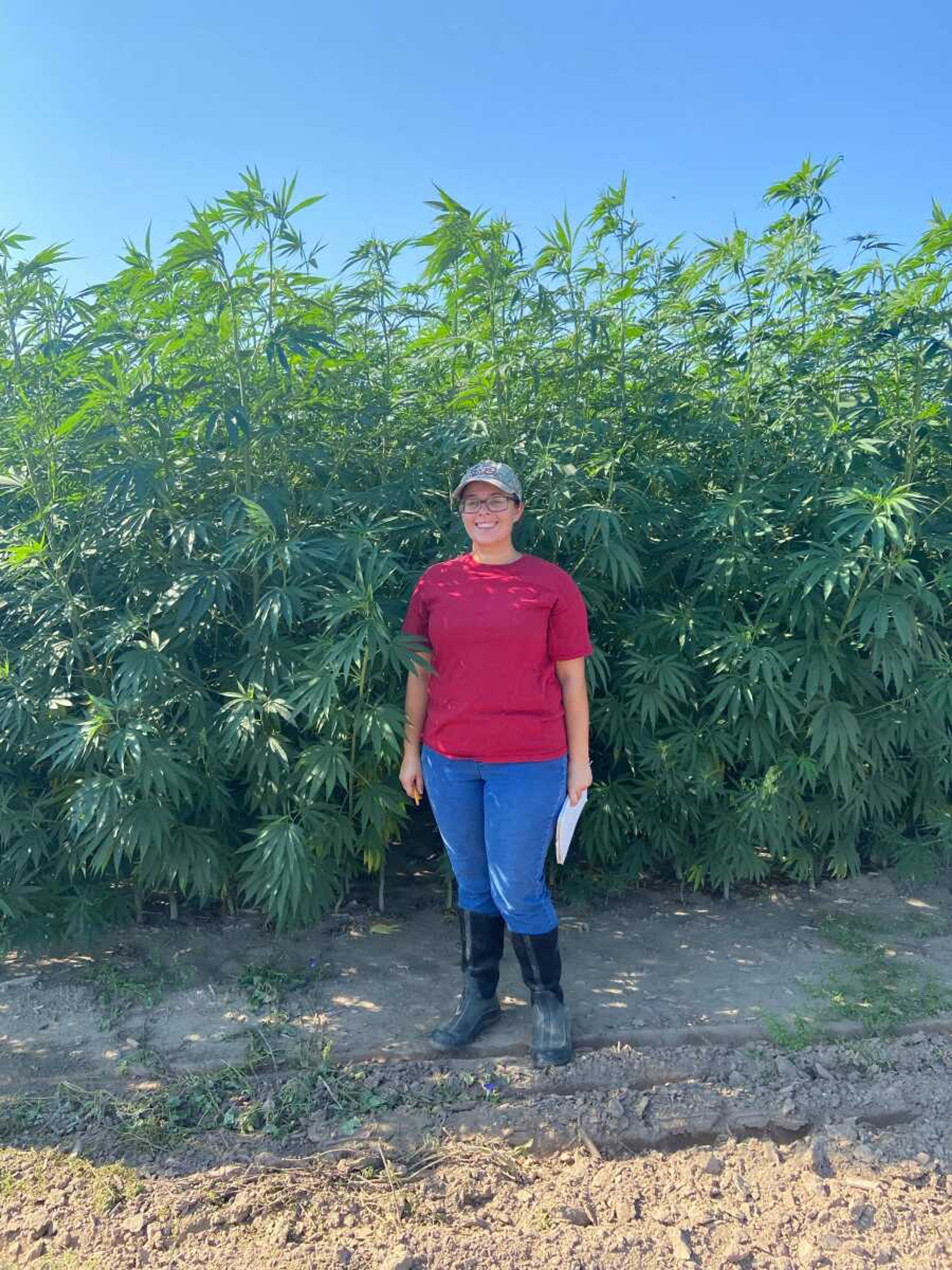The first Bachelor of Science in Agribusiness: Horticulture and Cannabis degree is now offered at SEMO after many student requests and thanks to Professor of Agriculture, Horticulture, and Cannabis Sven Svenson’s dedication to research.
Hemp is a major crop in the United States, and the industry is growing at an exponential rate. Svenson brought the opportunity to the students at SEMO to explore the benefits of this plant.
Hemp is a type of cannabis plant with less than 0.3% THC-content – the psychoactive component of marijuana – and is used for fiber, food, fuel, and medical purposes. Cannabis is a tall, leafy plant that has serrated leaves and glandular hairs.
These plants can be used to make marijuana, which is a mind-altering drug made from cannabis plants with high THC concentrations that is usually inhaled or consumed.
The hemp and cannabis portion of the new major consists of five three-credit courses that can also contribute to a chemistry minor, which only needs one more course to fulfill. These courses contribute to this major because they teach students about the production, growing and chemistry behind the cannabis plant, and about hemp’s industrial or medicinal uses.
One course, HO232 (Production and Use of Hemp) was created in response to popular demand for more information about hemp processes, and fulfills a social and behavioral sciences general education requirement.
Since this is a brand new major and SEMO is the first university to have a degree that combines agriculture and horticulture with hemp and cannabis, students wanting to study this specific subject have to attend SEMO in order to receive the training and skills.
“It's a brand new concept,'' Svenson said. “I'm happy SEMO got to that first.”
Since hemp was legalized in 2014, Svenson has been researching the crop in question.
He said that the 2014 and subsequent 2018 Farm Bill delisted hemp as an illegal product, but still regulates marijuana.
“The above 0.3% THC crop is a federal drug, and so in [Missouri], it's still criminal, and federally, is still criminal,” Svenson said.
In a nation where cannabis is viewed by the law as an illegal drug, it's important to understand what makes hemp valuable to society.
“One of the exciting things about hemp from my perspective, is that if [something] is made out of plastic, we can make it out of hemp,” Svenson said.
Most landfills are full of non-biodegradable plastic, which is made from petroleum that could take hundreds of years to break down. Hemp is naturally resistant to degradation by microbes and sunlight, so it doesn’t need to be processed in order to degrade. Because of this, hemp-based plastics are more environmentally friendly and can degrade within 3-5 years. Hemp can be used to make a variety of products, including biodegradable plastic that could be used for bottles and other everyday objects.
This summer, Horticulture and Animal Science senior Rachel Swicionis received a scholarship to attend a nonprofit convention in Columbus, Ohio called Cultivate for Horticulture Research. Swicionis gave a speech about how she thinks hemp is an answer to a sustainable future.
“I am looking at doing research studies with fiber hemp, to see how we can replace petroleum-based plastic,” Swicionis said.
According to Svenson, every year he has taught this class, there has been new research found, so the department is constantly adapting.
Animal Science and Pre-Vet sophomore Maggie Martinez took this class to challenge her beliefs to then recognize how versatile the plant could be.
“I think it's an interesting idea how this [plant] can relate back to animal health, just like if we [as humans] can use it for medicine, maybe animals can too,” Martinez said.






